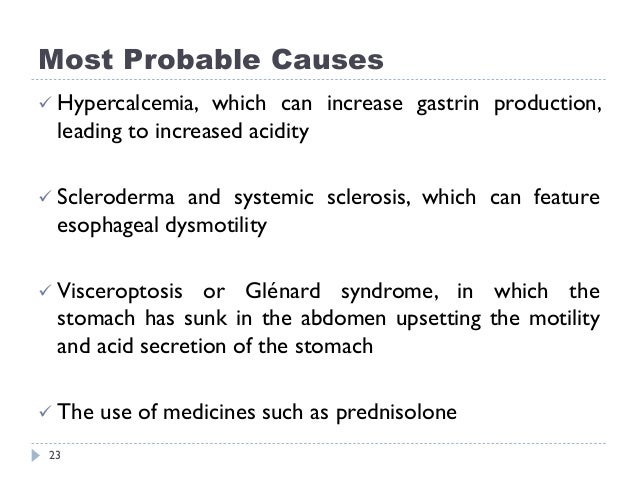Gastroesophageal reflux disease (gerd), also known as acid reflux, is a long-term condition in which stomach contents rise up into the esophagus, resulting in either symptoms or complications symptoms include the taste of acid in the back of the mouth, heartburn, bad breath, chest pain, regurgitation, breathing problems, and wearing away of the teeth. Gerd disease meaning. Medical definition of gastroesophageal reflux disease: a highly variable chronic condition that is characterized by periodic episodes of gastroesophageal reflux usually accompanied by heartburn and that may result in histopathologic changes in the esophagus —called also gerd.
gerd disease meaning
Gastroesophageal reflux disease (gerd) any of various conditions resulting from gastroesophageal reflux, ranging in seriousness from mild to life-threatening; principal characteristics are heartburn and regurgitationwhen there is damage to the esophageal epithelium, it is known as reflux esophagitis. Gastroesophageal reflux disease (gerd) any of various conditions resulting from gastroesophageal reflux, ranging in seriousness from mild to life-threatening; principal characteristics are heartburn and regurgitation.when there is damage to the esophageal epithelium, it is known as reflux esophagitis.. Gastroesophageal reflux disease (gerd) is the long-term, regular occurrence of acid reflux. this can cause heartburn and tissue damage, among other symptoms. smoking and obesity increase a person.


0 comments:
Post a Comment